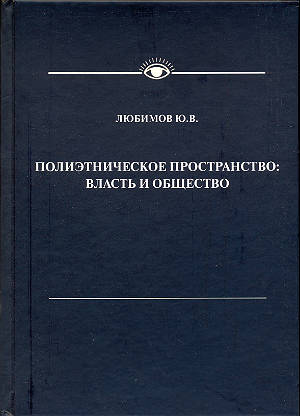Book
Полиэтническое пространство: власть и общество
Еditor: Rostislav Rybakov
Institute of Oriental Studies of the Russian Academy of Sciences,
Москва, 2011, 256 p.
The study discusses a problem of polyethnicity through¬out the world history, especially focusing the process of forma¬tion of the Russian Empire. This process has mainly been condi¬tioned by the circumstances caused by the colonization and the assimilation of the new territories both in the East and in the South. As a result there was found a unique phenomenon in the Eurasia, the vast geopolitical space, integrating different peoples with their cultures and religions. And it depended to a large extent on adequate Imago Alterius (perception of the other) and also on account of mutual interests.
Three stages in the formation and growth of the Russian Empire are distinguished. The first period was associated with opening up the Volga basin. The second one was closely related to settlement of trans-Ural territories (Siberia and the Far East). The third period was characterized as properly colonial, both the protection of trans-Caucasian peoples and the conquest of Central Asia. In spite of cultural variety the Russian Empire escaped religious wars and significant ethnic conflicts. And maybe this is one of successful examples of multicultural coexistence.


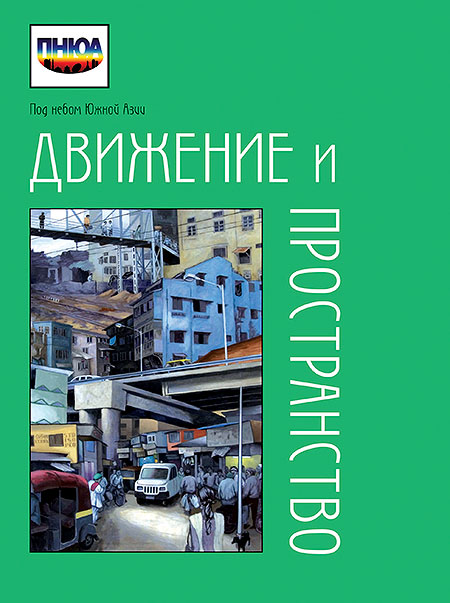
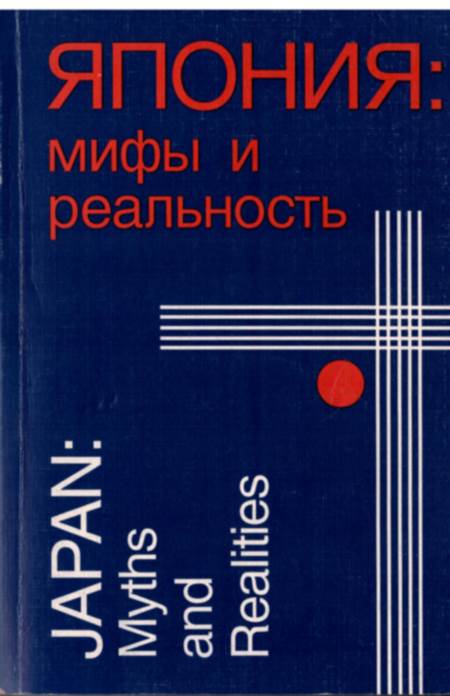
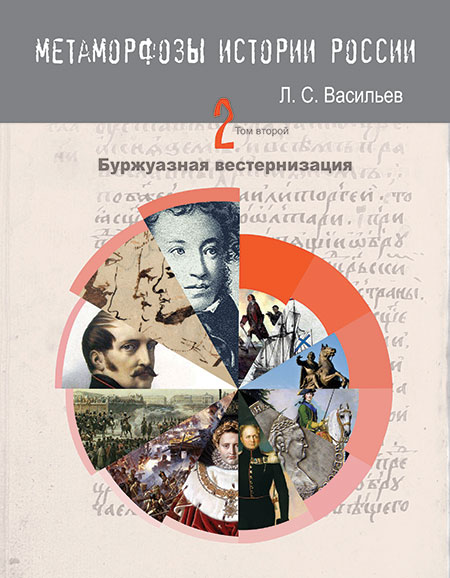
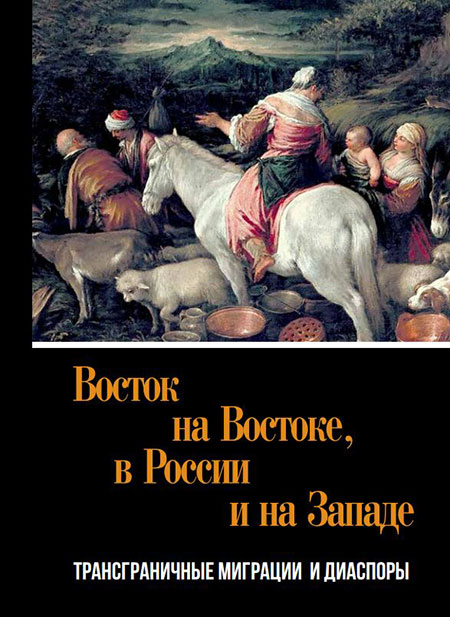
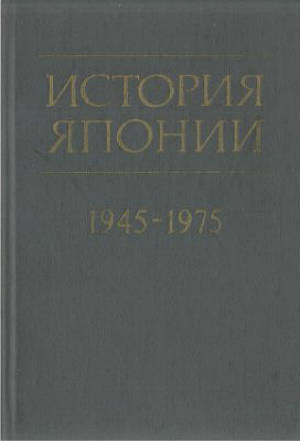
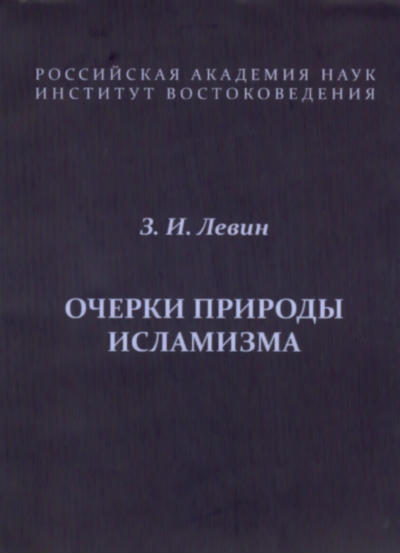
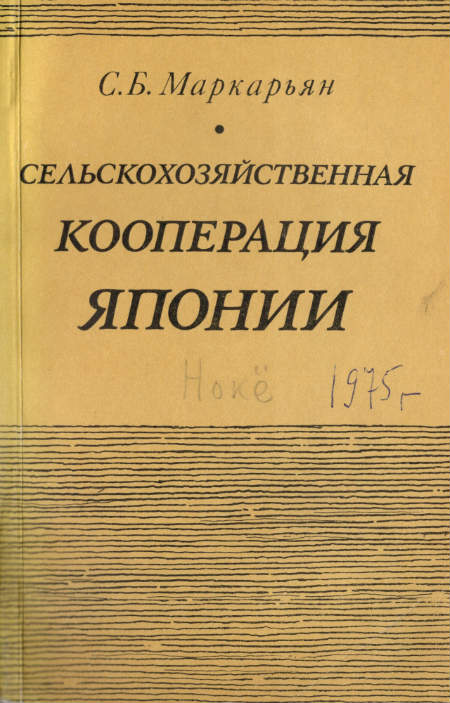
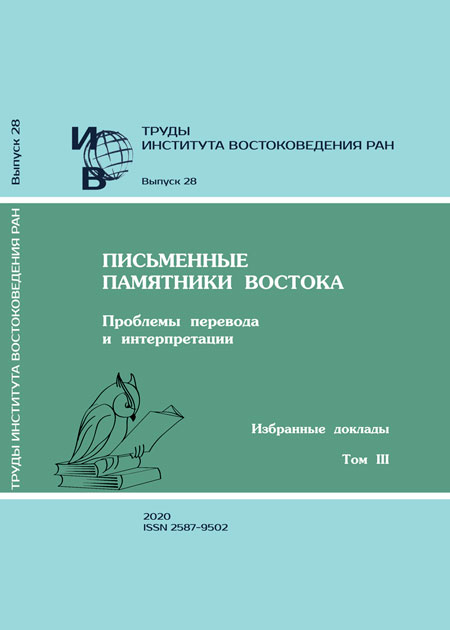
![Бытие красоты [Текст] : традиции и современность в творчестве Кавабата Ясунари Бытие красоты [Текст] : традиции и современность в творчестве Кавабата Ясунари](/f/gerasimova-oblozhka-1.jpg)
